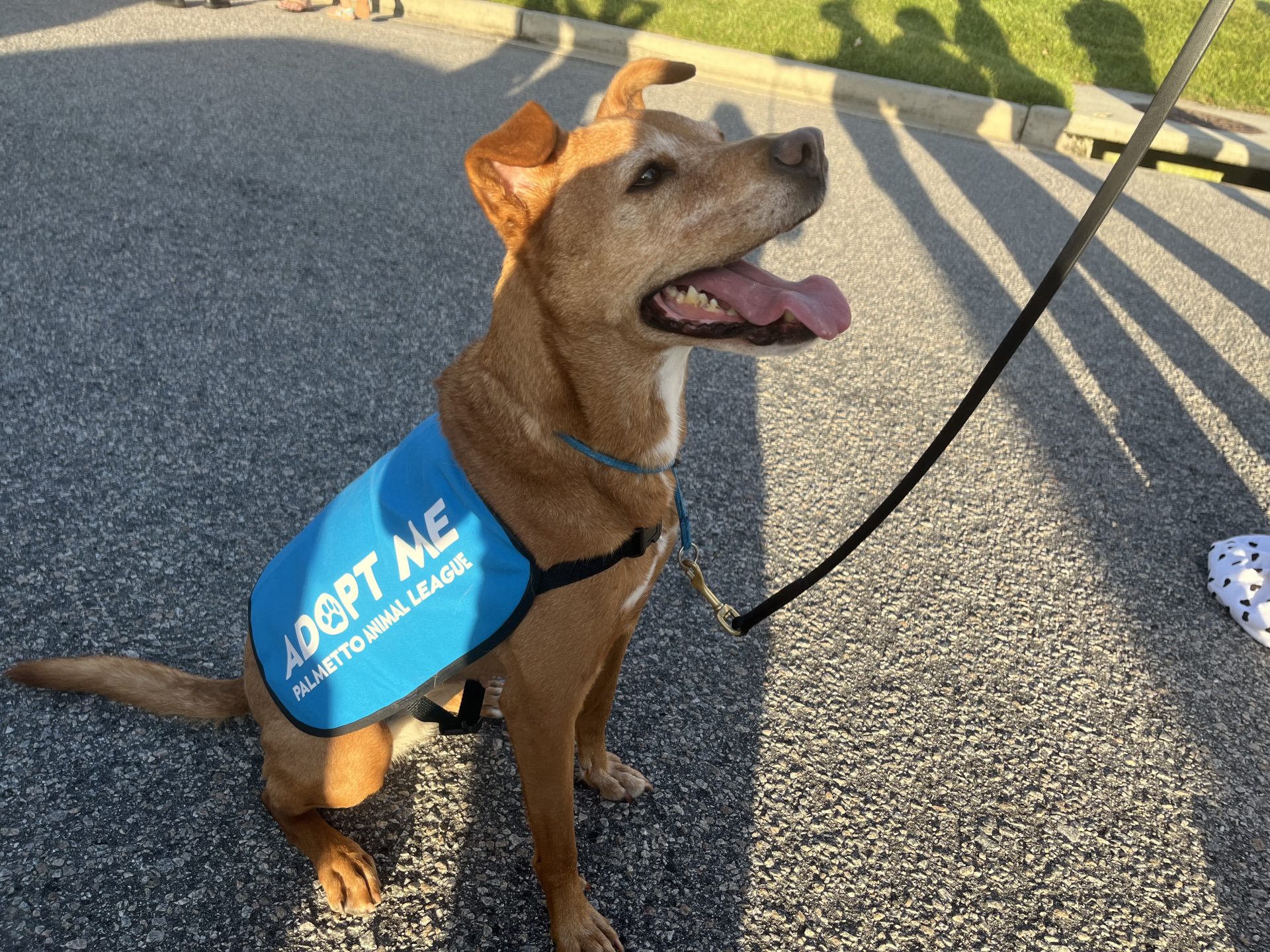By Tracie Korol
After spending billions on bomb-detection equipment, the Pentagon now says the best tool for the job is … a dog. They’re called the Vapor Wakes and they are the newest, and the oldest, defense against bad guys with bombs. The Vapor Wakes are currently hard at work in New York City.
A good dog is a natural super soldier: strong yet acrobatic, fierce yet obedient. It can leap higher than most men and run twice as fast. Its eyes are equipped for night vision, its ears for supersonic hearing, its mouth for subduing the most belligerent prey. But its true glory is its nose. In the 1970s, researchers found that dogs could detect even a few particles per million of a substance; in the ’90s, more subtle instruments lowered the threshold to particles per billion; the most recent tests have brought it down to particles per trillion.
Just as astonishing, is a dog’s acuity — the way it can isolate and identify compounds within a scent, like the spices in a soup. Drug smugglers often try to mask the smell of their shipments by packaging them with coffee beans, air fresheners, or sheets of fabric softener. To see if this can fool a dog, behavioral scientists will flood a laboratory with different scents, then add minute quantities of heroin or cocaine to the mix. In one case, says Paul Waggoner, a behavioral scientist at the Canine Detection Research Institute, at Auburn University, home of the Vapor Wake Detection (VWD) program, “the whole damn lab smelled like a Starbucks,” but the dogs had no trouble honing in on the drug. “They’re just incredible at finding the needle in the haystack,” Waggoner said.
Since 2001, the number of uniformed police in New York has dropped by 17 percent. In that same period, the canine force has nearly doubled. It now has around a hundred dogs, divided among the narcotics, bomb, emergency-response and transit squads.
The difference between a Vapor Wake dog and a regular search dog — one that can locate stationary explosives or contraband — is that Vapor Wakes are trained to pick up on the moving scent of explosives in a crowd, enabling officers to scan a large amount of people in a short time. The VWD dog samples the plume of air coming off a person and/or what they are carrying as the person passes through a crowd. The dog can also detect an explosive’s vapor-wake after a person has left an area and follow the vapor-wake to the explosive source. An account of a police dog’s search for explosives in a staged simulation in Grand Central Terminal had me stunned. A decoy, with a small amount of explosives in a backpack was sent on a pre-set route through the train station. Thirty minutes later, as trains were moving in and out of the terminal and thousands of passengers are moving in and out, the Vapor Wake dog, Ray, a female Labrador, was released to track her target. And she found him. Her reward? A good game of fetch with her tennis ball.
A VWD dog is specifically bred and prepared its entire life to succeed in this line of work. A puppy enters the Detector Dog Raising Program upon birth. Various environmental exposures are engineered to help develop the puppy’s natural abilities during the first 12 months of its life. Auburn uses primarily sporting breeds in this line of work because they can operate within a crowd causing less or no disruption. After a puppy, or now adult canine, completes the Detector Dog Raising Program, it returns to the Canine Detection Training Center.
A dog then receives six weeks of vigorous training at the center before a handler is assigned. Upon the student/handler’s arrival, they enter, as a team, into a 10-week basic explosives handler course. Upon graduating the basic course, the team receives a minimum of two additional weeks of training in their operational environment. Continued training in the operational environment is critical to the team’s continued success. Training and breeding Vapor Wake dogs costs $20,000 per animal.






